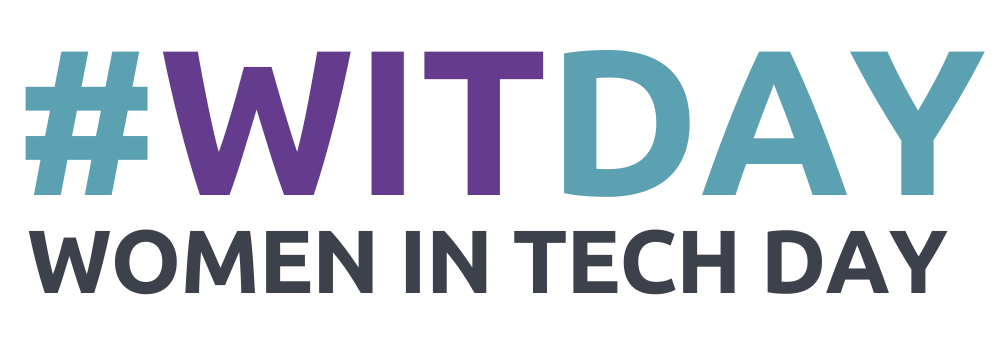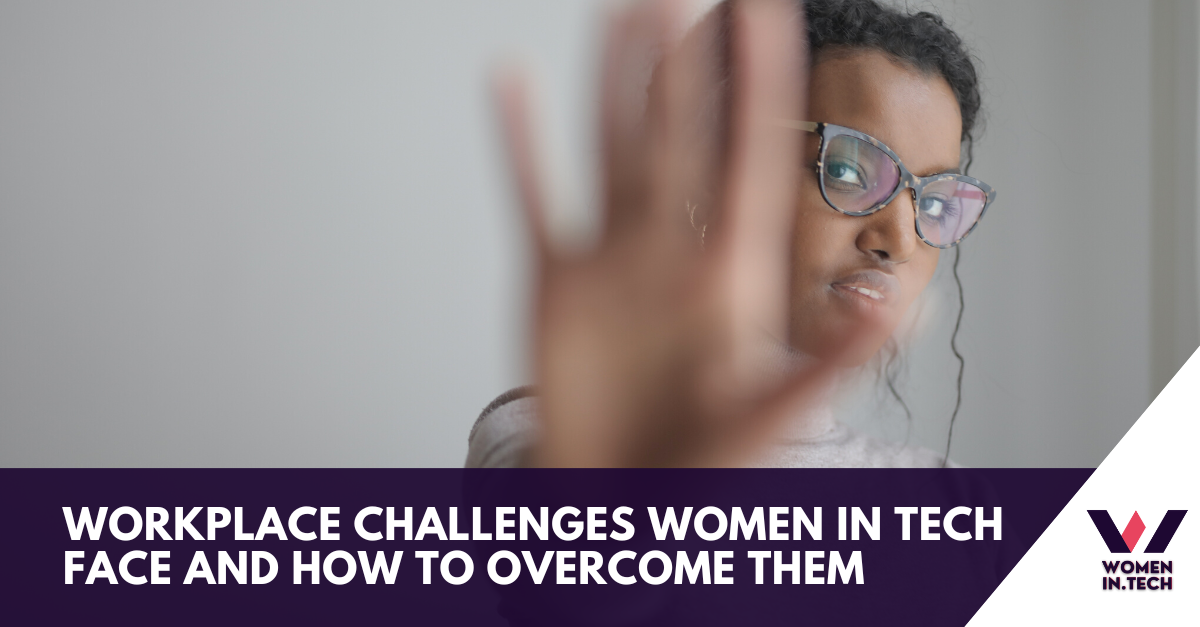Women have made great strides in the tech industry over the past few years. However, they still face many challenges that need to be addressed. In this article, we will discuss some of the most common challenges women in tech face and how to overcome them. Let's get started!
The Gender Gap in Tech
One of the most prevalent challenges women in tech face is the gender gap. This refers to the fact that women are significantly underrepresented in the tech industry, making up only about 20% of the workforce. This can be a very isolating and discouraging experience for women who are trying to enter or advance in the tech field.
Gendered and Outdated Hiring Practices
A common challenge women in tech face is biased hiring practices. According to a survey conducted by Pew Research Center, 48% of women in STEM jobs report discrimination in the recruitment and hiring process. This means that women are often passed over for jobs or promotions in favor of less qualified men. This is a major problem because it keeps women from advancing in their careers and earning the same salaries as their male counterparts.
Also, in 2018, researchers who went undercover in several elite schools across the United States found that outdated and gendered hiring practices were still prominent among recruiters. They noted that “gender-imbalanced presenter roles, geek culture references, overt use of gender stereotypes, and other gendered speech and actions” all deter women from pursuing careers in technology. This leads to the exclusion of many qualified women from the tech industry.
Workplace Discrimination and Sexual Harassment
Another challenge women in tech face are discrimination and sexual harassment from their male colleagues. A 2017 Pew report found that while 50% of women said they had experienced gender discrimination at work, a shocking percentage of 74% of women working in computer jobs reported that they experienced the same. Even more staggering, 78% percent state that this is true for women who work in male-dominated industries. In addition, 36% of women said that sexual harassment is an issue they face at work. According to another study by Women Who Tech, almost 50% of female founders and tech workers have experienced some form of harassment— something that has not changed much since 2017.
Obstacles to career advancement
According to Deloitte Research, only 25.3% of leadership roles are held by women in large tech companies. It is not surprising that women in tech find it difficult to advance in their careers. This is, in part, because women are too often underestimated compared to their male counterparts. Such practice can result in advantageous hiring and promotion decisions for men. Further, women are commonly saddled with more domestic responsibilities than men which limits their home life. Allowing fewer women to get to leadership positions leads to a restricted role models and mentors pool.
It’s important to note that the troubles women in tech must deal with are not limited to the United States only. Women all over the world face similar challenges when trying to enter or succeed in the tech industry. But there is hope! Many organizations and initiatives work to resolve these problematic topics and support women succeed in tech.
The Solution
Above, we listed just a few of the most notorious challenges women in tech face. What can be done to shift the current reality?
First, we need to change the culture of the tech industry so that it is more inclusive of women. This can be done by increasing diversity among leadership teams, implementing anti-discrimination policies, and educating employees about unconscious bias. Also, highlighting the accomplishments of women in tech can help change the culture within the tech industry. Hence, supporting organizations like WomenTech Network which celebrates the successes of women in the tech industry is essential.
Second, we need to increase the number of women in the tech workforce: promoting women who are already in the workforce and providing opportunities for training and mentorship. Additionally, it is crucial that we encourage girls and young women to pursue careers in technology. Therefore, supporting organizations like Coding Girls which advocates an increased presence of girls and women in tech, and leadership, is very important.
Third, provide support for women who experience discrimination or harassment in the workplace. This can be done by offering counseling and legal services, as well as creating reporting mechanisms so that incidents can be reported quickly and effectively.
If you would like to support our mission: empower women in tech, apply to our ambassador program here: https://www.womentech.net/women-tech-conference/global-ambassadors

